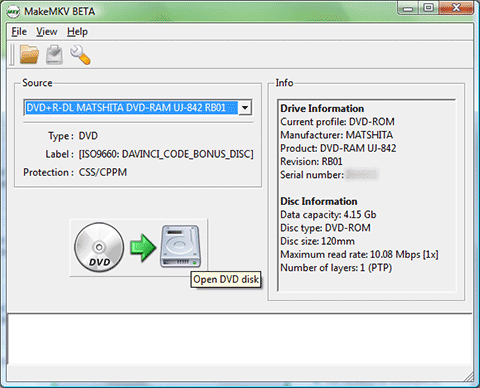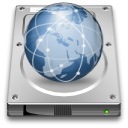GNOME Shell extensions are small pieces of code written by third party developers that modify the way GNOME works. (If you are familiar with Chrome Extensions or Firefox Addons, GNOME Shell extensions are similar to them.) You can find and install GNOME Shell extensions using https://extensions.gnome.org/.
Support for installing extensions from the website was first added in GNOME 3.2, so if you are using GNOME 3.0, you'll need to upgrade to a newer Linux distribution. You can check what version of GNOME is installed on your system using the "System Information" panel of "System Settings". If you are using GNOME 3.2 or newer and installation still doesn't work, check to make sure that the "GNOME Shell Integration" plugin is installed and enabled in your browser preferences. Read on for my favourite extensions...










